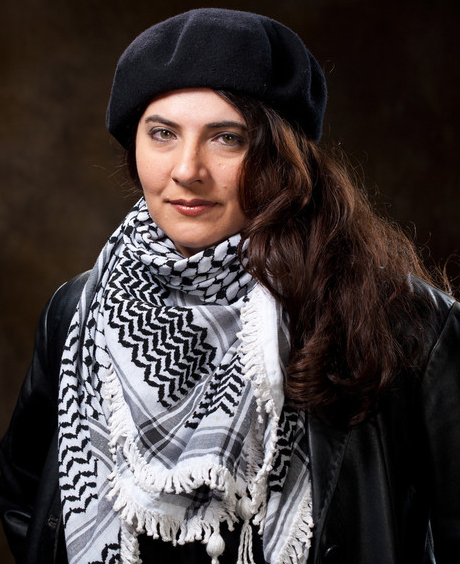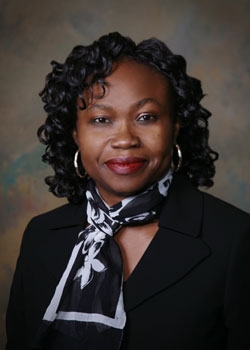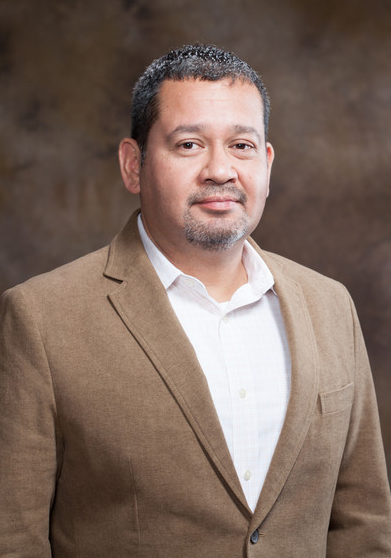FAYETTEVILLE, Ark. – The J. William Fulbright College of Arts and Sciences at the University of Arkansas invites community members, students, faculty and staff to participate in its series, “Fearless Conversations,” which promotes dialogue about the most pressing and salient issues of our time in an effort to achieve meaningful public discourse in an increasingly divisive culture.
The next event in the series will be “Fearless Conversations: Immigration and Migration in the United States,” which will take place at 5:30 p.m. Tuesday, March 27, in Giffels Auditorium, 201 Old Main. This event is free and open to the public.
“Immigration and Migration in the United States” engages with recent debates over American immigration policy with reference to historical context. What do labels such as “migrant,” “immigrant” or “refugee” signify? Whose claims to legitimacy and belonging in America are accepted or dismissed, and on what grounds?
Panelists will lead the conversation and critically examine these questions and more. Additionally, active audience participation is encouraged, and there will be ample time for dialogue between panelists and the audience.
“The goal of the event is to facilitate civil discourse around complex and often controversial topics in a safe and supportive environment,” said Elecia C. Smith, Fulbright College’s assistant dean of human resources, diversity and faculty services, who helped organize the series.
“Our last Fearless Conversation featured a lively discussion on memorials, monuments and symbolic protests. We can’t wait for the next conversation about immigration and migration, which is incredibly timely and will be another wonderful opportunity for a meaningful dialogue,” she said.
The panelists for this event are:
- Juan José Bustamante, assistant professor of sociology and Latin American and Latino studies in the Department of Sociology and Criminal Justice.
- Mohja Kahf, professor of comparative literature in the Department of English.
- Alix Montoya-Beltran, graduate student in the Department of Chemistry and Biochemistry and an advocate of the Deferred Action for Childhood Arrivals policy, or DACA.
- Uche U. Ewelukwa Ofodile, the E. J. Ball Professor of Law at the University of Arkansas School of Law.
Steven Rosales, assistant professor in the Department of History, will serve as the event’s moderator, and will present an introductory history and provide global context for the conversation.
About the Panelists
Juan José Bustamante, assistant professor of sociology and Latin American and Latino studies in the Department of Sociology and Criminal Justice, studies the impact of Latino and immigrant population growth, distribution and age-structure on local educational, labor, housing and public safety services, as well as the strategies larger social institutions adopt to address demographic shifts.
Mohja Kahf, professor of comparative literature in the Department of English since 1995, is author of the contemporary poetry collection E-mails from Scheherazad, the novel The Girl in the Tangerine Scarf, and Hagar Poems. Kahf is a member of the Syrian Nonviolence Movement, founded in April 2011 by grassroots protesters inside Syria.
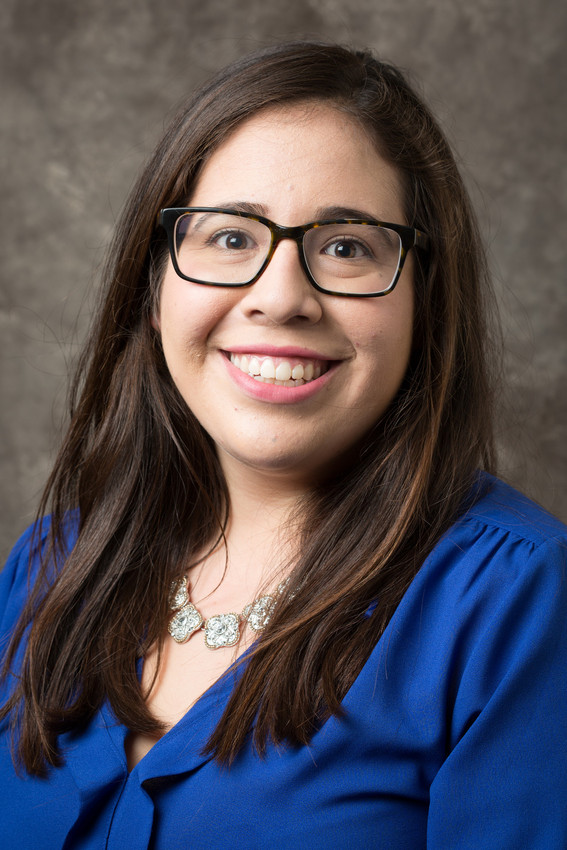
Alix Montoya-Beltran, graduate student in the Department of Chemistry and Biochemistry and a DACA advocate, was born in Mexico and moved to the United States in 2003. Montoya-Beltran received a B.S. in chemistry with a concentration in biochemistry and an additional major in biology from University of Arkansas. She is currently in the cell and molecular biology program.
Uché Ewelukwa Ofodile, the E. J. Ball Professor of Law at the University of Arkansas School of Law, specializes in international, intellectual property and food law. She is the recipient of numerous awards including fellowships from the Carnegie Council on Ethics and International Affairs and Human Rights Watch, and has two books out soon from Oxford University Press and Routledge.
Steven Rosales, assistant professor in the Department of History, is a specialist in southwestern borderlands studies, war and society, oral history methodology, 20th century U.S. history and gender studies, with a particular interest in masculinity and machismo. He recently published Soldados Razos At War: Chicano Politics, Identity, and Masculinity in the U.S. Military from World War II to Vietnam.
For more information, contact Elecia Smith at ecs002@uark.edu or Kathryn Sloan at ksloan@uark.edu.
About the J. William Fulbright College of Arts and Sciences: The J. William Fulbright College of Arts and Sciences is the largest and most academically diverse unit on campus with 19 departments and 43 academic programs and research centers. The college provides the core curriculum for all University of Arkansas students and is named for J. William Fulbright, former university president and longtime U.S. senator.
About the University of Arkansas: The University of Arkansas provides an internationally competitive education for undergraduate and graduate students in more than 200 academic programs. The university contributes new knowledge, economic development, basic and applied research, and creative activity while also providing service to academic and professional disciplines. The Carnegie Foundation classifies the University of Arkansas among only 2 percent of universities in America that have the highest level of research activity. U.S. News & World Report ranks the University of Arkansas among its top American public research universities. Founded in 1871, the University of Arkansas comprises 10 colleges and schools and maintains a low student-to-faculty ratio that promotes personal attention and close mentoring.
Topics
Contacts
Elecia Smith, Assistant Dean of Human Resources, Diversity and Faculty Services
J. William Fulbright College of Arts and Sciences
479-575-3312,
Andra Parrish Liwag, development writer
Fulbright College of Arts and Sciences
479-575-4393,
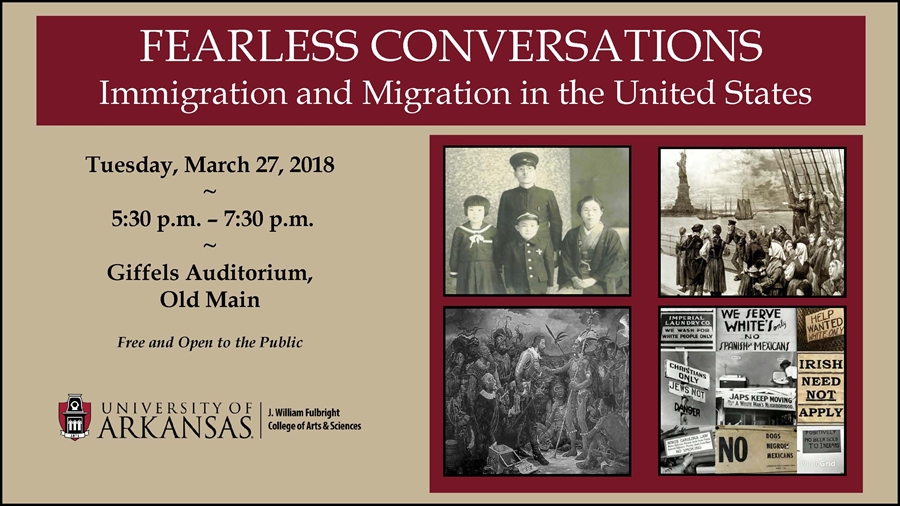
.jpg)
